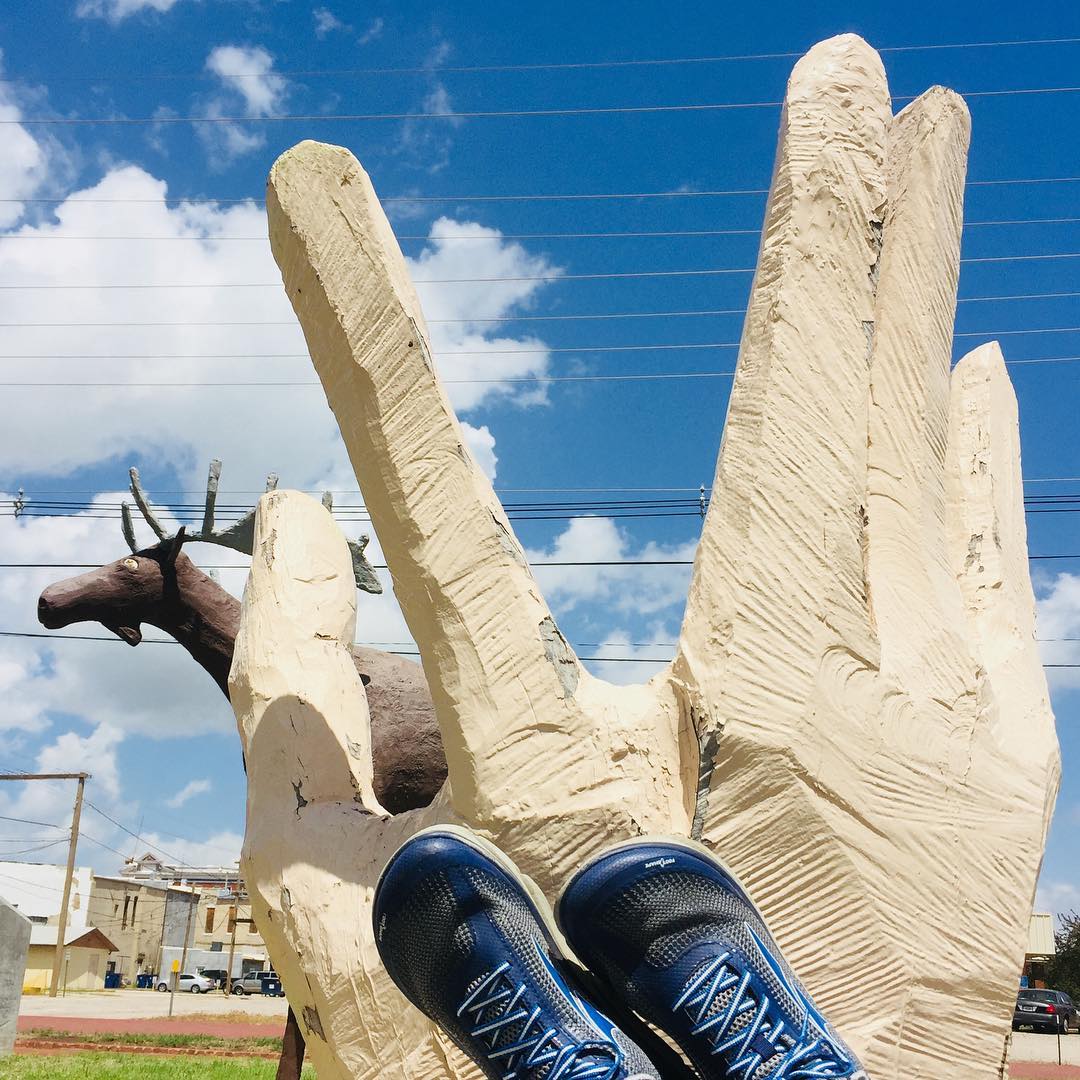
We applaud the scientific method as the greatest engine of knowledge in human history.
However, just as any realm of inquiry or endeavor hungers for all the energy it can get, so too does science. And when left exclusively to its own devices, any field suffocates from insularity.
We diminish ourselves, and we diminish science, when we treat it as a separate, exclusive realm.
Conversely, both scientists and non-scientists prosper in life and in vocation when enriched by exchange with other disciplines.
Until relatively recent history, knowledge has been treated as a unified whole. And this holistic treatment applied not only to what are now the many discrete disciplines in science, from astronomy to zoology, but also the arts, all forms of craft, technology, literature, philosophy, and everything else. If you were curious about the world, you were a student of everything. You applied paint and melted tin and baked clay and studied the night sky and questioned the action of wind on sails and you grappled with morality.
In ancient Greece, the philosophers investigated the nature of consciousness as well as the nature of the universe; they were called “natural philosophers.” Nobody conceived of separate areas of inquiry, since any inquiry into anything could provide fresh insight into the whole, because anything is indivisible from everything. And so it was that sophisticated, existentially cultivated inquiries into the nature of materials and time and life produced great cathedral domes spanning hundreds of feet, and complex astronomy to predict eclipses in the next century. And this comprehensive curiosity maintained through the Renaissance, and arguably reached its apotheosis in Leonardo da Vinci, the polymath best known for his paintings but also renowned for breakthroughs in technology, theory, cartography, architecture, and more.
Not until the Victorian Age did the walls go up. Geology separated from chemistry, and chemistry from biology, biology from physics, physics from astronomy, astronomy from cosmology, and all of these “hard sciences” bound off from the “soft sciences” of philosophy, psychology, psychiatry, sociology, political science and economics; and all of the sciences definitely quarantined from all of the arts.
But the great revolutionists are not obeisant to knowledge corralled in fiefdoms. Einstein wanted to comprehend the universe, and was inspired not only by the mystical whole, but also in part by train schedules, which helped generate twenty-four time zones around the world, which meant that time was relative. And if time was relative between Munich and Paris, what was time on Earth vis-a-vis Andromeda? And Einstein was also partly inspired by the breakaway artists of Impressionism, who were liberated from the bounds of representation by quick precise photography—so they were free to explore a marriage of truth and experience: “What am I seeing?” It’s all relative. Which helped generate the Theory of Relativity.
So where does this leave all of us non-scientists? Well, if you’re curious about the world and the whirl and the vast, silent cosmos and the heft of the ethos, you’re smack in the middle of the infinite consciousness game. If you’re curious, you will pay attention to what is determined scientifically, you will feast on the arts, and you will serve the expanding whole with new questions.
The questions are worth more than the answers.
“Science is the belief in the ignorance of experts.” – Richard Feynman, physicist.
You have a brain. It’s ripe for more than getting through the day. Stake a claim out there in those vast, silent, unknown parts. Let new facts become the pitons and chocks that triangulate your voyage . . . and, whoa . . . new connections reveal delicious slices of what was never there before.
New facts? Yes and yes: the wider the array, the more robust your discoveries: nourishment for the next ascent. And if some of it doesn’t make sense, so much the better.
“I like nonsense, it wakes up the brain cells. Fantasy is a necessary ingredient in living. It’s a way of looking at life through the wrong end of a telescope.” – Dr. Seuss, curious irreverent holistic scientist par excellence.


